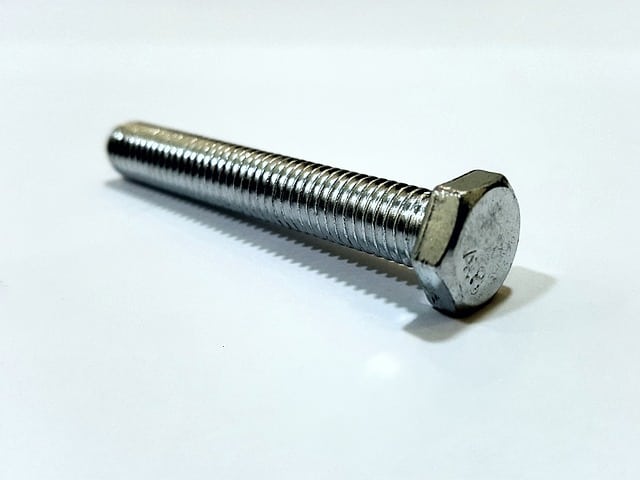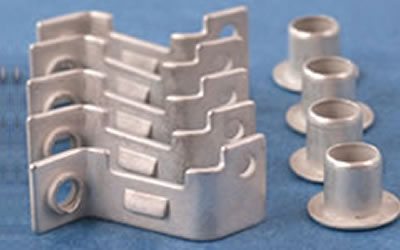Looking for zinc nickel plating suppliers? At E.C. Williams Ltd we specialise in electroplating services, one of which is nickel plating services. Nickel plating is also known as nickel electroplating or nickel electro-deposition. It is a very popular process which many industries use for manufacturing applications.
Nickel plating is the process of using electrical current to coat a conductive material (usually metal), with a thin layer of nickel. Other electroplating metals include zinc, copper, silver and more.
Why?
There is a variety of reasons to use nickel plating process. Including to provide corrosion resistance, increase wear resistance and lifespan of a component, improve the appearance of an object and to create a uniform.
Advantages of nickel plating
Nickel electroplating generally offers a wide range of characteristics not inherently present in the base component. Some of these benefits include:
- Corrosion resistance improvement
- Improved wearability and hardness
- Ductility improvement
- Design purposes as it can provide a bright finish
We always consider nickel as beneficial for electroplating services because it provides increased ductility. Alongside this, it offers superior corrosion resistance and improved hardness. Nickel plating services can enhance a product’s final finish by improving its brightness. Certain nickel-plating chemicals used in the process can achieve different finishes. Anything from a semi-bright and fully bright decorative effect, to matte, pearl, or satin finishes.
How nickel plating works
To transfer nickel onto the surface of a substrate correctly, you must apply a negative charge to the base material. For this to happen, electroplaters typically attach the product to a rectifier, battery or other power supply. This is done using a conductive wire. Once in place, they will connect a nickel rod to the positive side of the power source.
Once the above steps are complete, the base material is submerged in the electroplating solution. This contains salt with a chemical makeup. As a result of the electric current present in the solution, the nickel chloride solution separates into negative chloride ions and positive nickel cat-ions.
Then the negative charge of the metal component attracts the positive nickel ions. At the same time the positive charge of the nickel rod attracts the negative chloride anions. This chemical reaction causes the nickel in the rod to oxidise. It then dissolves into the solution.
From here, the oxidised nickel is attracted to the base material. This creates a smooth and uniform coating over the component.
Current density in the nickel plating process
The process of electro nickel plating involves varying ranges of current density levels. The deposition rate of nickel to the base material depends on the current density. The higher the density the quicker the deposition rate.
Current density also has an effect on plating adherence and plating quality. Lower current density levels generally deliver better results. Therefore, the current density should be calculated based on the type of base material. And of course the desired results.
Pre and post treatment process
For quality nickel plating results the pre and post-treatment of the base material is essential. Here at EC Williams we are able to provide zinc nickel plating on stainless steel and a wide range of other substrates. To help ensure even and quality adhesion, the following steps should be included in the nickel plating process:
- Pre-treatment surface cleaning. It’s important to clean the substrate thoroughly to remove any contaminants.
- Post-treatment surface cleaning. To ensure the best possible results the substrate should be rinsed thoroughly at the end of the electroplating process.
An additional step that can also improve the quality of the final results is to test the level of cleanliness in the base material before starting the electro nickel plating process.
Nickel plating near me
Are you looking for zinc nickel plating services? At EC Williams we supply plating to all sectors of industry. This includes automotive, rail, power generation, power transmission, domestic and industrial appliances. We are one of the country’s leading zinc nickel plating companies. Therefore we can give you advice on what type of nickel plating will best suit your application and desired results.
If you have any questions regarding the alkaline zinc nickel plating process, be sure to give us a call on 0121 236 2524.
You might also be interested in Zinc Nickel Electroplating in the Automotive Industry.





